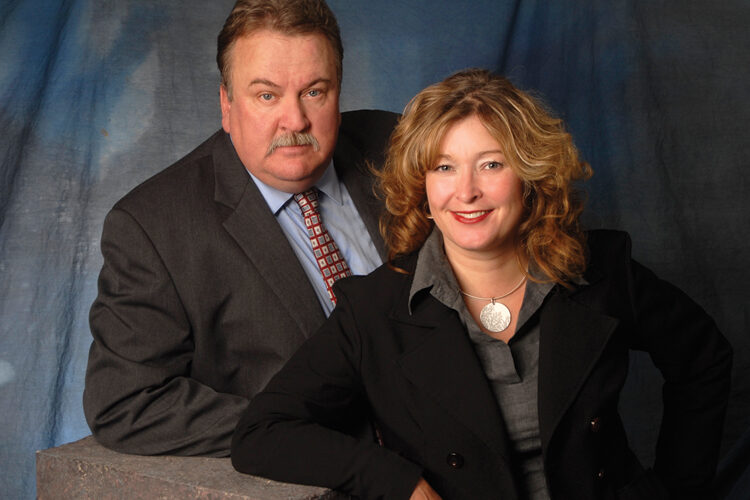The Role of Healthcare Professionals in Personal Injury Litigation (Lisa Morell, @MorellKelly)
In this month’s column I will address the role of the health care professional in the context of personal injury litigation. Increasingly personal injury litigation on both the accident benefit side (your claim against your own insurer) and the tort side (the claim against the at fault driver) revolves around the “independent” assessments done by doctors and other health care professionals hired by both the insurer and the claimant.
On the accident benefit side of the file insurer examinations are warranted whenever the insurer denies a treatment plan to determine if the treatment is reasonable and necessary. The primary purpose of the insurance examinations at this juncture is to provide claims’ examiners with a basis for their decision making i.e. to protect them against claims for bad faith. The cost of these examinations are paid for by the insurer and the cost of these examinations represent a significant expense to insurers which is of course reflected in premiums paid by consumers.
On behalf of the claimant treatment providers routinely complete assessments which provide the basis for the treatment plans they generate on behalf of the claimant.
On September 1, 2010 amendments were made to the Insurance Act which included significant changes to the fees that could be charged by assessors hired by both the claimants and the insurers. There was a cap placed on fees that the assessors could charge the insurers and the payment structure was changed to provide that insurers only had to pay for assessments they commissioned. Costs associated with assessments by the claimant’s assessors or treatment providers are now paid for out of the $50,000.00 total allotted for medical rehabilitation benefits to the claimant.
On the tort side experts are used extensively by both the Plaintiff and the Defendant at trial in an effort to persuade the jury of the merits of their respective positions. Over time the role of the expert at trial has become critically important and the costs associated with their extensive involvement in the litigation process have become prohibitive and created a significant access to justice barrier faced by ordinary citizens. Hence the legitimization of contingency arrangements between counsel and their clients and the ever increasing risk to litigants imposed by significant cost awards in a loser pay system where there is no even playing field.
I recall being at a civil jury trial a number of years ago when the Judge invited counsel to make a motion to strike the jury because the expert testimony was too complicated for the jurors to understand. This case involved the suitability of a septic system that had been installed on my client’s property and approved by the Health Unit but failed to work due to soil being very impermeable as it was a clay based soil. I will never forget the wonderment of my own client who said “If the jury cannot understand why our septic system isn’t working how are we as the homeowners in any different position?” My point being that if we are talking about a simple car accident and resultant injuries why are so many experts necessary?
With consumers demanding competitive pricing for premiums insurers will be demanding further concessions when the insurance regime is reviewed in 2015 hopefully the role of the expert will be limited by necessity. Amendments were made recently to the Rules of Civil Procedure to ensure the independence of expert evidence and to re-affirm their primary role as an advisor to the court or jury, to assist in understanding issues of unusual complexity. It is difficult to see how someone with a sore neck or back from being rear ended unexpectedly by another a car driving at a high rate of speed would be an issue that would require the assistance and/or expense of experts.
This takes us back to basics – in personal injury litigation the most important medical witness should be the claimant’s primary family physician who in all likelihood has been treating the patient for a significant period of time prior to the collision and in the best position to assess and treat the claimant post motor vehicle collision. Further the family physician is an appropriate person to comment on whether the patient/claimant should be treated within the framework of the Minor Injury Guideline. Fortunately, the shortage of primary care physicians seems to be alleviated in this area as our clients are served best if they have a competent family physician who can get in on the ground level. We always recommend to our clients that if they do not feel that their current family physician is serving their needs adequately they should try to find a new family physician at their earliest opportunity.
